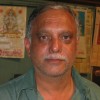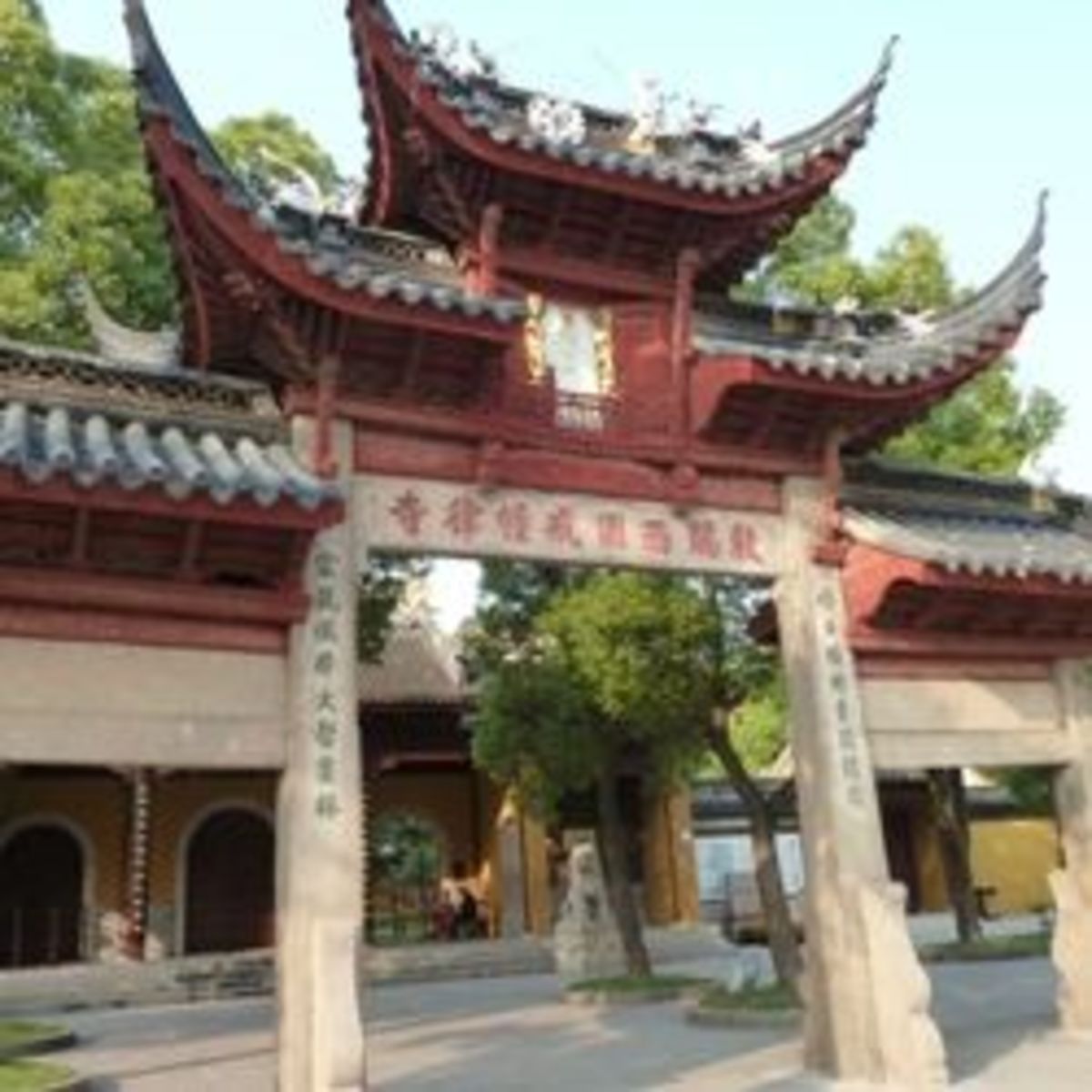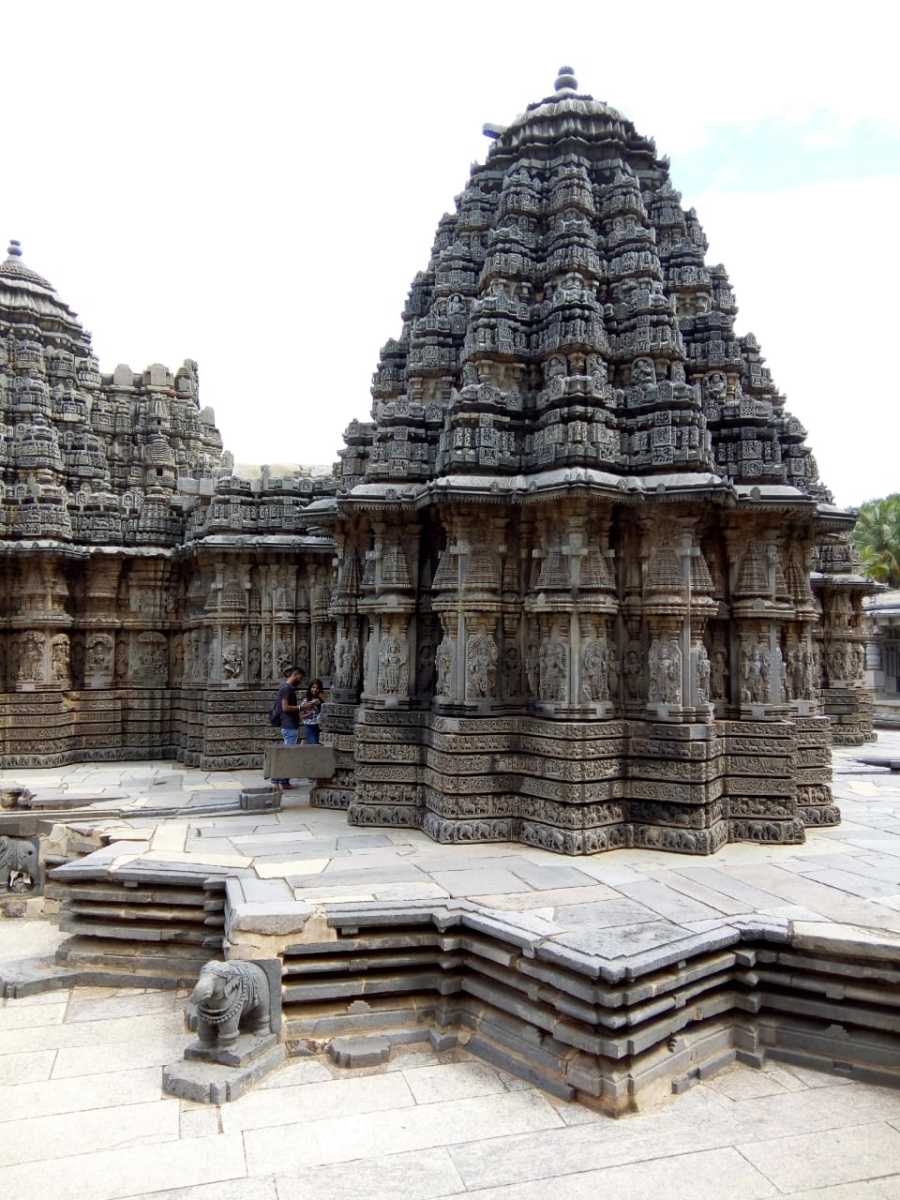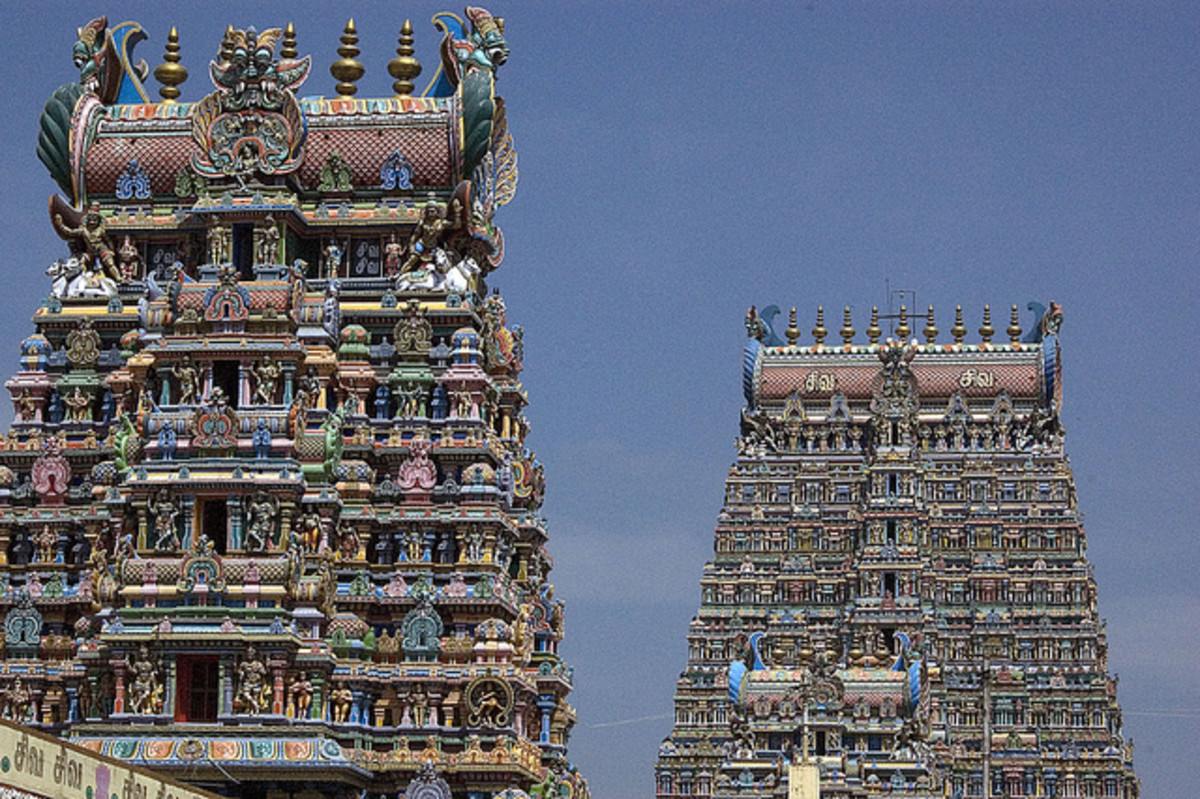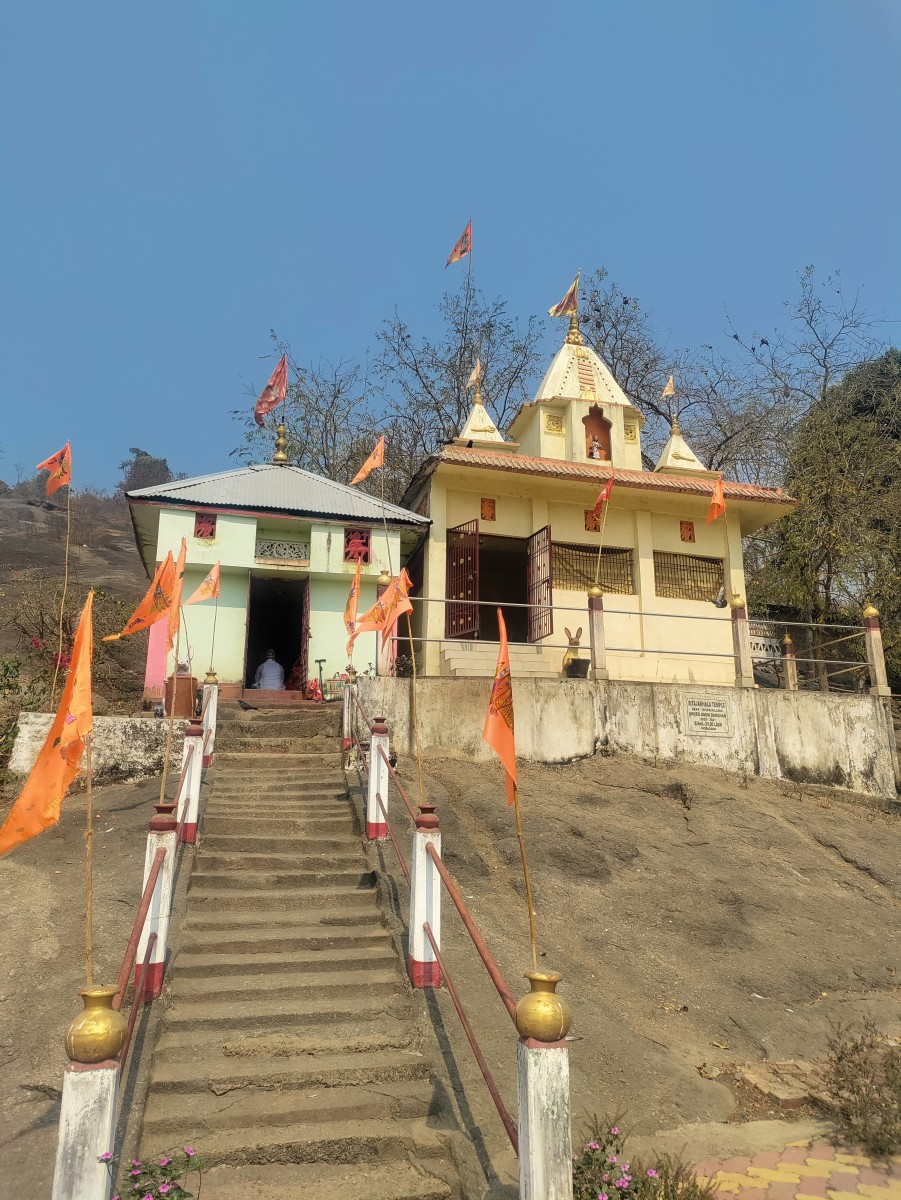Religion And Politics In India
Some years back, we were living in a mofussil town, very close to the geographical heart of India. Within under- arm stone-throwing distance of our house, was a temple. It was small and unprepossessing, bereft of the usual trappings of religious abodes. An employee of the local Ordnance Factory looked after it. In the pre-dawn hours, he would be there busily sweeping the courtyard and attending to other small chores. Come hail or rain. No power game, no quest for material gain, no self-serving interest. Just a simple, strong faith. In an hour, labour of love complete, he would mount his cycle and pedal off to work.
As the morning sun bathed the courtyard, a pretty-looking girl who lived in the outhouse of the Collector’s Bungalow nearby, would come and perform the “aarti”. Through my bedroom window would waft the gentle sound of her voice and the accompanying cymbals. “Om Jai Jagdish Hare…..” There could not have been a more soothing start to the day. People would trickle in, pay obeisance and receive prasad. After sunset, amid the ringing of bells, the temple would be closed.
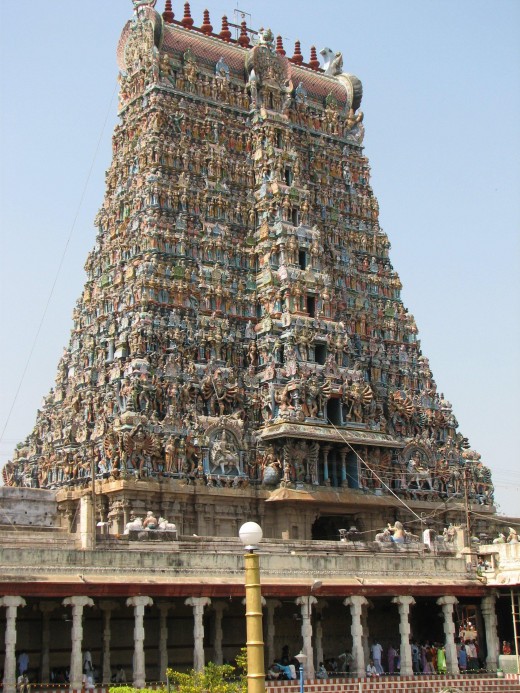
Those were the days, unfortunately, when some political parties were trying to gain mileage by making bedfellows out of religion and politics. As a consequence, one morning, I noticed that the cycle was missing and the girl had not come to perform the puja. On enquiry, I was told that some nominee of the local Member of Parliament had taken control of the temple. Soon enough, there appeared a rotund figure clad in a chaddar which had “Hare Rama Hare Krishna” prominently if shabbily printed – a wolf in Ram’s clothing as it were.
A microphone was quickly installed, its huge, crocodile-like speakers poised menacingly atop the branches of the tree that gave shade to the temple. Had the Gods suddenly gone deaf that only with the help of loudspeakers could they hear the prayers of their devotees? Next to be erected was a shamiana which happily encroached on public and private property alike, without either hindrance from or regard to the law. And to crown it all, on festival days, artistes from the local radio station would be called to sing songs from Indian movies to attract the crowds. A beautiful, serene ceremony had sadly been converted into an ugly, vulgar display of supposedly religious fervor.
What had been achieved in those days was not simply the takeover of a religious place. It was a precursor of what was to become of the nation within a few years. Politics was to find in religion, a mistress through whom could be attained power and wealth. Accompanied by a gullible, pliant, vastly illiterate populace and a national consciousness that showed complete lack of empathy for the “other”, the stage was set for the suborning of the state.
This phenomenon – of the politicization of religion – is not limited to any one religion and its aim is simple – to seize political control and talibanise the country. Today’s leaders appear to be unaware of the dark, sinister forces they are unleashing in their mindless bid for power. There is an inevitability to the act of riding a tiger – that of ending up in the carnivore’s stomach. And we could very easily in our lifetimes, see a Swami sitting in South Block – India’s own Ayatollah Khomeini.
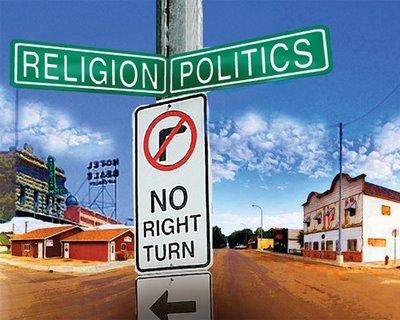
But is that the extent of vision of a young, modern nation-state at the beginning of the 21st Century? Do we deserve or need leaders who are busy, like Don Quixote, jousting with windmills? Who are more concerned with resurrecting and avenging the happenings of the 11th Century, ignoring in the meantime, the very real and critical issues facing the people? It is easier after all to sell the opiate of religion than solving problems of clean drinking water and homes for the homeless.

These leaders must be thrown into the dustbin of history. And not only that – they should be made to feel what it is like to be the “other” – as have Muslims in Gujarat, North and South Indians in Maharashtra, Hindus in rural Punjab, Sikhs in Delhi, Christians in Orissa, Bengalis in Assam, Tamils in Karnataka, Kannadigas in Tamil Nadu ….. the list goes on. Except perhaps for the Communist-ruled state of West Bengal, virtually every part of the country has been subject to communal violence.
If it is at all possible now, let us put the genie of communalism back in the bottle. Let us put religion back where it belongs – in the homes, hearts and minds of people.
GLOSSARY
Aarti – a Hindu ritual during a religious ceremony
Om Jai Jagdish Hare – a popular prayer
Chaddar – a shawl-like covering of cotton
Hare Rama Hare Krishna – in this context a printing of God's name on the chaddar
Shamiana – a temporary tent made of canvas
